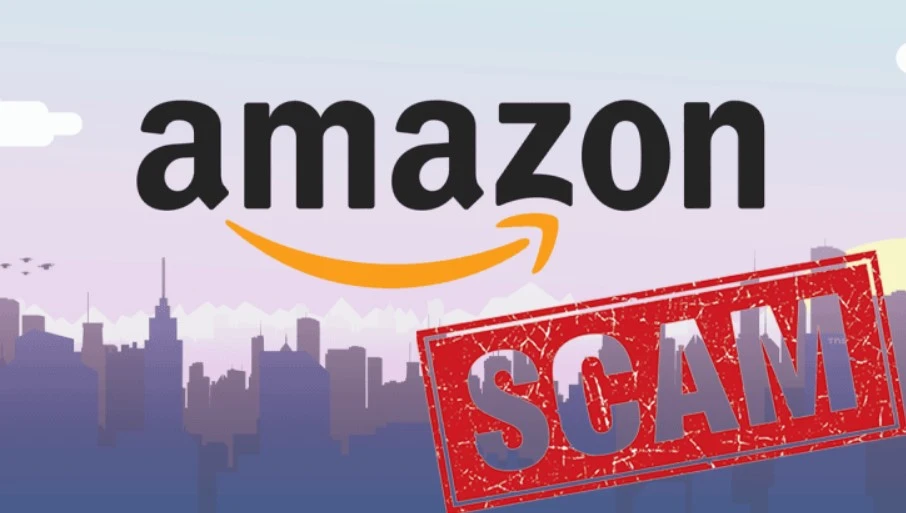With the rise of Amazon FBA, many “gurus” promise fast success through their courses. Some are legitimate, but others may just be scams. Here’s how to protect yourself before investing in any FBA program.
1. Unverifiable Testimonials
Watch out for success stories that sound too good to be true. These glowing testimonials often highlight quick wins but leave out key details like profit margins or the time and effort required. Always ask, “Can I verify this story?” Testimonials connected to the course creators or their affiliates can’t be fully trusted. Check if these claims can be verified through public records or if they’re linked to someone independent of the creator.
Questions to Ask:
- Is the testimonial verifiable by independent sources?
- Are these people directly affiliated with the course creators?
- Can financial claims be checked on platforms like Companies House?
2. Lack of Transparency About Profit Margins
Big revenue numbers sound great, but if the program glosses over actual profit margins, that’s a major red flag. Revenue without transparency on costs—like ad spend, product sourcing, and Amazon fees—means the program may not be as lucrative as it appears.
Questions to Ask:
- What are the typical profit margins after accounting for fees and advertising?
- Is there a clear breakdown of expenses like Amazon fees and product costs?
- Does the program cover how to optimize profit margins?
3. The “Get Rich Quick” Promise
If the course promises fast, easy success, proceed with caution. Genuine FBA sellers know it takes time and effort to build a successful business. Beware of the “get rich quick” narrative, which often mirrors the flashy marketing of influencers like Andrew Tate.
Questions to Ask:
- Does the course promise quick success with minimal effort?
- Does it highlight the challenges and hard work involved?
- Are the timelines and strategies realistic for long-term success?
4. Lack of Proof of Success
Many gurus boast about their success but offer no verifiable proof. Genuine entrepreneurs rarely need to flaunt wealth to validate their business. If someone claims massive success, they should be able to back it up with tax returns or Company House filings.
Questions to Ask:
- Can they provide proof of success with filings or tax returns?
- Is FBA their primary source of income, or are they mainly selling courses?
- Are they transparent about their business history and income sources?
5. Affiliate Marketing and Referral Focus
If a course seems to prioritize getting you to recruit others, it may be more focused on growing its referral network than teaching you actual skills. This often takes the form of affiliate commissions being the main source of income for participants.
Questions to Ask:
- Does the course push you to recruit others?
- Are the testimonials from people who also sell the course?
- Is the focus on referral marketing rather than FBA strategy?
6. Flashy, Lifestyle-Focused Marketing
Courses that emphasize luxury lifestyles—Lamborghinis, holidays, mansions—are likely preying on your FOMO (fear of missing out). Flashy marketing often distracts from a lack of concrete business results.
Questions to Ask:
- Why is the instructor flaunting wealth instead of discussing the actual methods they use?
- Can they show that their lifestyle is directly tied to their Amazon FBA business?
7. Unrealistic Claims of Success
Promises of guaranteed success, often backed by screenshots of high sales numbers, are another common red flag. Always ask what the real costs are behind these figures, including ad spend and Amazon fees.
Questions to Ask:
- Are there guarantees of success? (This is a red flag)
- What’s the real profit after factoring in costs?
- Does the course teach how to manage risks and setbacks?
8. Glossing Over the Grind
Many FBA programs, like those from Darren Campbell, showcase impressive sales but downplay the hard work required. Success stories may seem easy, but they don’t reflect the day-to-day challenges of building an Amazon business.
Questions to Ask:
- Does the course mention the hard work involved, or is it all about success?
- Are the testimonials detailed about the challenges?
- Does the course offer a realistic view of the effort needed?
Final Thoughts: Protect Yourself
Before investing in an FBA course, make sure you’ve done your homework. Ask for proof of success, talk to independent past participants, and always check for red flags like flashy marketing or lack of transparency. Real FBA success isn’t about quick wins—it’s about long-term, sustainable growth.
Bonus Resource: Always verify claims through platforms like Companies House and check out third-party reviews on sites like Trustpilot before committing.

